Table of Contents
Introduction to Mediterranean Rub
The Mediterranean region is celebrated for its vibrant flavors, fresh ingredients, and rich culinary traditions. Central to many iconic dishes is the Mediterranean rub—a versatile seasoning blend that enhances meats, vegetables, and bread with aromatic herbs and spices. This guide covers everything you need to know about this essential cooking tool.
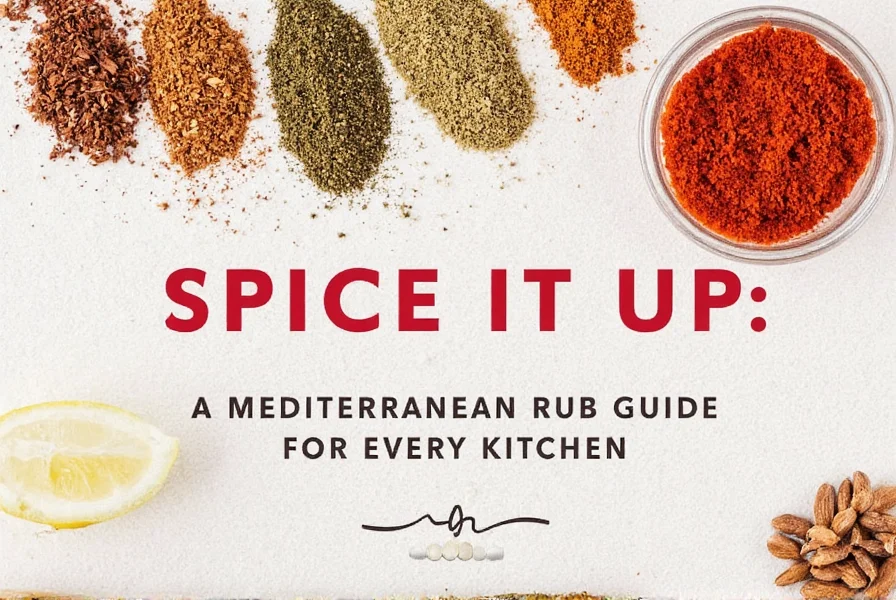
What Is a Mediterranean Rub?
A Mediterranean rub is a dry mixture of dried herbs, spices, and sometimes salt used to season food before cooking. Unlike marinades, which penetrate with liquid, rubs create a flavorful crust on the surface. Originating from coastal regions of Greece, Turkey, Italy, and North Africa, these blends highlight fresh, earthy, and tangy flavors characteristic of Mediterranean cuisine.
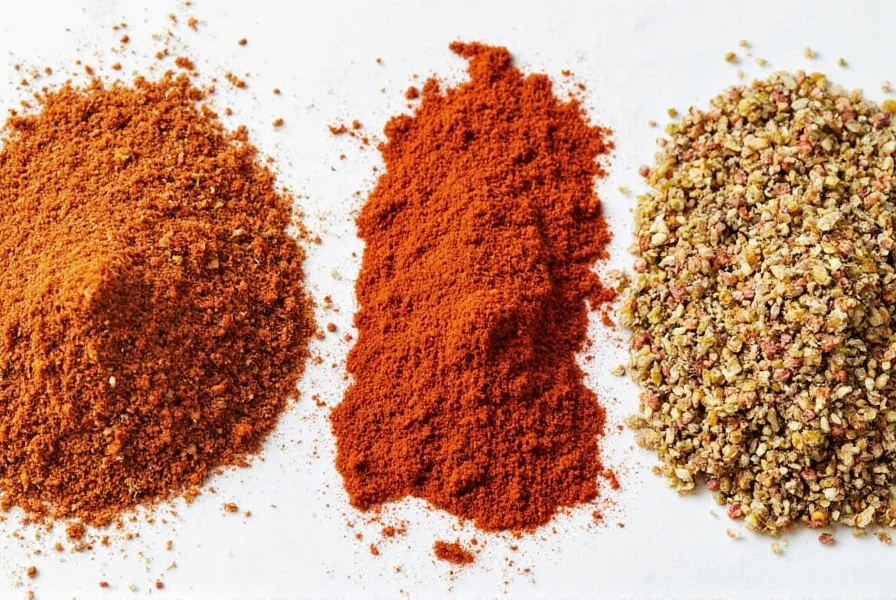
Key Ingredients in a Mediterranean Rub
Authentic Mediterranean rubs rely on these core ingredients for their signature profile:
- Oregano: Earthy and slightly peppery, forming the backbone of the blend.
- Thyme: Adds subtle floral notes that complement grilled and roasted dishes.
- Garlic: Provides savory depth, typically used as powder for even distribution.
- Sumac: A Middle Eastern staple offering bright, citrusy acidity.
- Black Pepper: Enhances warmth and complexity without overwhelming heat.
- Salt: Essential for balancing flavors and enhancing natural tastes.
- Coriander: Contributes nutty, citrus undertones for layered flavor.
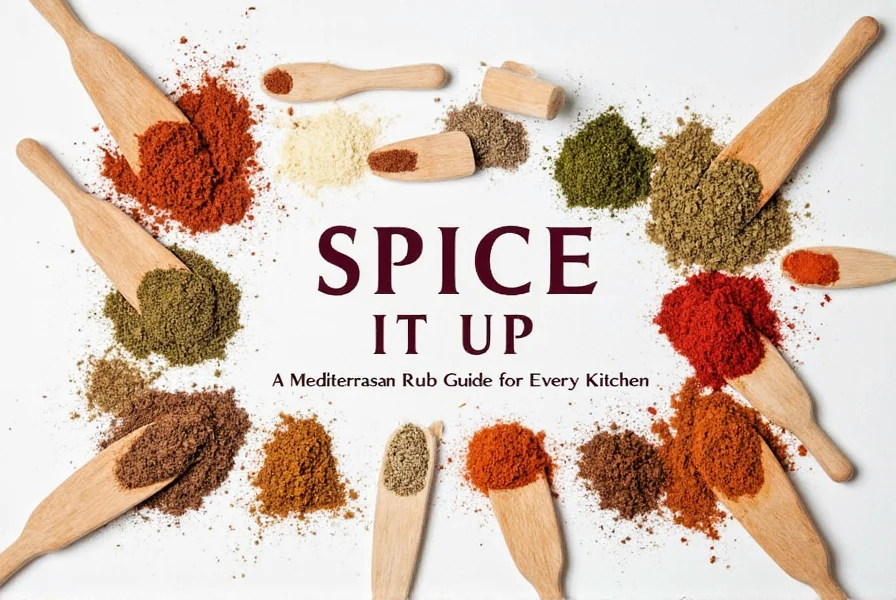
How to Use a Mediterranean Rub
Maximize flavor with these application techniques:
- For Meats: Coat chicken, lamb, or beef generously 30+ minutes before cooking. For best results, rub with olive oil first to help adherence.
- For Vegetables: Toss eggplant, zucchini, or bell peppers with oil and rub before roasting or grilling. The rub caramelizes beautifully on high heat.
- For Bread: Sprinkle over flatbreads or pita before baking for aromatic, savory crusts.
- As a Dip Base: Mix with olive oil or Greek yogurt for quick dips to serve with hummus, olives, or grilled seafood.
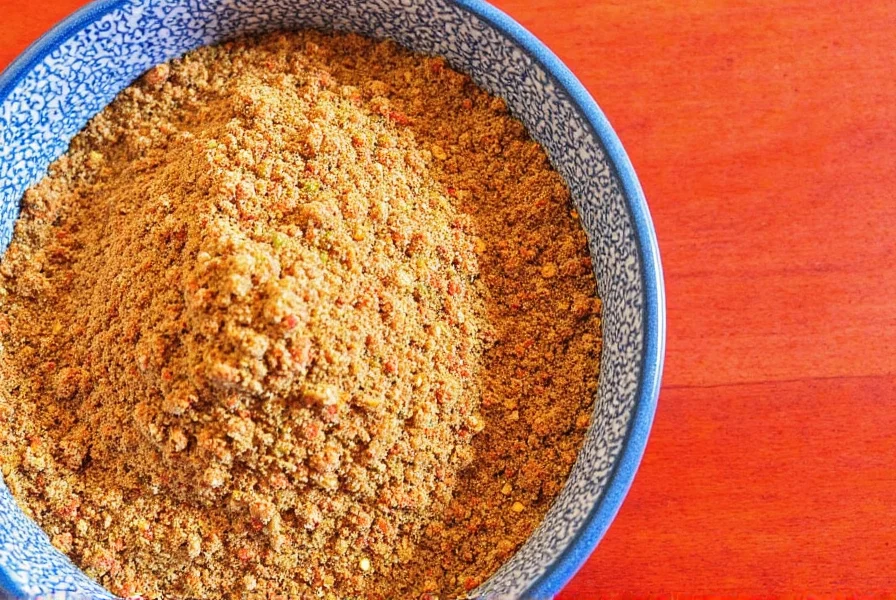
Best Recipes to Try with a Mediterranean Rub
Grilled Lamb Chops with Mediterranean Rub
Marinate lamb chops in a mix of oregano, sumac, and garlic for 1 hour. Grill over medium-high heat until medium-rare. Serve with tzatziki sauce and warm pita bread.
Mediterranean Roasted Chicken
Rub a whole chicken generously with the blend under and over the skin. Roast at 400°F (200°C) for 1.5 hours until golden and juices run clear. Pair with lemon-roasted potatoes.
Grilled Vegetable Platter
Toss eggplant, zucchini, and cherry tomatoes with olive oil and rub. Grill for 10-12 minutes until tender. Finish with fresh parsley and crumbled feta.
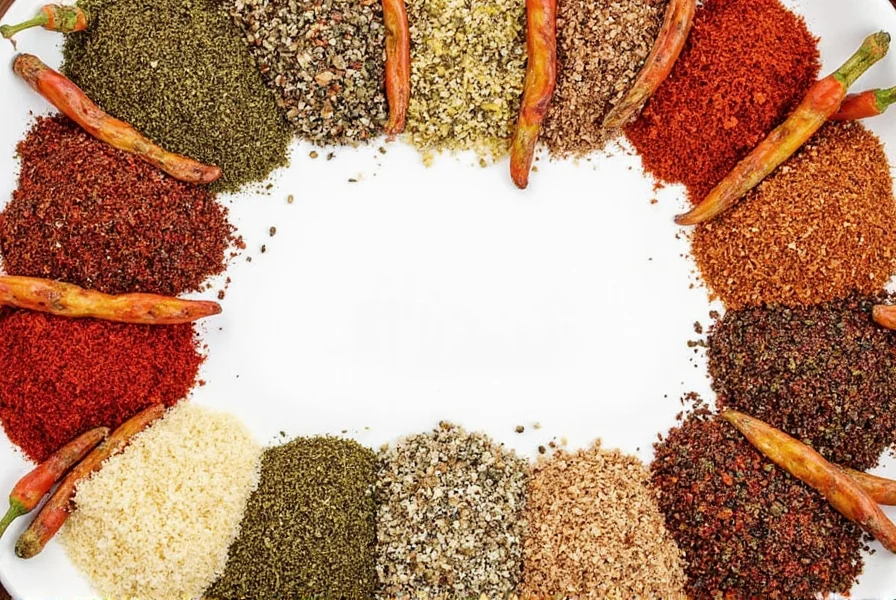
Buying Guide: Choosing the Right Mediterranean Rub
| Product Type | Key Features | Best For | Why Choose It |
|---|---|---|---|
| Mediterranean Herb & Garlic Rub | Oregano, thyme, garlic, black pepper | All-purpose seasoning | Perfect for meats, vegetables, and seafood. Versatile for weeknight meals or special occasions. |
| Sumac & Oregano Rub | High sumac content, bold oregano | Middle Eastern-inspired dishes | Distinctive tangy profile ideal for chicken, fish, and roasted vegetables. |
| Mediterranean Herb Blend (No Salt) | Oregano, thyme, rosemary, coriander | Low-sodium diets | Flexible for marinades or when controlling salt intake. Preserves authentic herb flavors. |
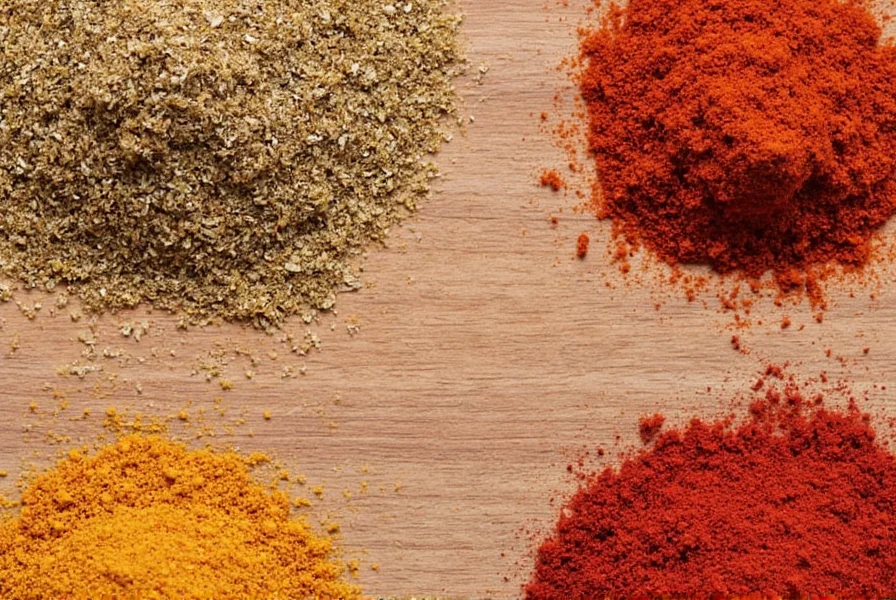
Frequently Asked Questions About Mediterranean Rub
What are the essential ingredients in a Mediterranean rub?
The essential ingredients include oregano, thyme, garlic, sumac, black pepper, salt, and coriander. These create the signature earthy, bright, and aromatic profile. Sumac’s citrus tang is particularly distinctive compared to other herb blends.
How is a Mediterranean rub different from other seasoning blends?
Unlike blends focused on heat or sweetness, Mediterranean rubs emphasize earthy herbs with tangy elements like sumac. They typically contain less salt than commercial blends and rely on authentic Mediterranean herbs rather than heavy spices. The inclusion of sumac sets it apart from Italian or French herb blends.
Can I make my own Mediterranean rub at home?
Absolutely! Combine 2 tbsp dried oregano, 1 tbsp dried thyme, 1 tbsp garlic powder, 1 tbsp sumac, 1 tbsp black pepper, 1 tbsp coriander, and 1.5 tbsp salt. Toast whole spices before grinding for maximum flavor. Store in an airtight container for up to 6 months.
How long does homemade Mediterranean rub last?
Properly stored in an airtight container away from heat and light, homemade rub maintains peak flavor for 6-12 months. For best results, use within 6 months. Loss of aroma indicates diminished potency. Commercial blends often have shorter shelf lives due to lower-quality ingredients.
What’s the difference between a Mediterranean rub and a marinade?
A rub is a dry mixture that creates a flavorful crust through surface caramelization, while a marinade is liquid-based and penetrates deeper. Rubs work best for quick-cooking methods where marinades wouldn’t have time to absorb, and they produce a desirable crispy exterior.
Which meats work best with Mediterranean rub?
Lamb, chicken, and beef are ideal pairings. Lamb chops highlight herbal notes, chicken absorbs flavors beautifully, and beef like flank steak develops rich crusts. It also works well with salmon or swordfish. Pork is less commonly used as the flavor profile doesn’t complement it as naturally.
Can I use Mediterranean rub on vegetables?
Yes! Toss eggplant, zucchini, bell peppers, mushrooms, or cherry tomatoes with olive oil and rub before roasting or grilling. It enhances natural sweetness and creates a flavorful crust. For root vegetables like potatoes, add extra salt to the rub to balance flavors.
How much rub should I use per pound of meat?
Use 1-2 tablespoons per pound. Start with 1 tbsp for subtle seasoning or 2 tbsp for bolder flavor. Apply evenly to form a thin layer without clumps. For larger cuts like whole chickens, ensure rub reaches crevices for full flavor penetration.
Should I add oil before applying the rub?
Yes. Lightly coat meat or vegetables with olive oil (about 1 tsp per pound) before applying the rub. This helps adherence, promotes even browning, and activates the flavors. Extra virgin olive oil works best for Mediterranean dishes.
Can I use Mediterranean rub in place of individual spices?
Yes, but be mindful of salt content. Most commercial blends contain salt, so reduce additional salt in recipes. For homemade salt-free versions, you can substitute 1.5 tbsp rub for individual herbs like oregano, thyme, and garlic. Always adjust salt based on your blend’s composition.
Conclusion
The Mediterranean rub is more than a seasoning—it’s a gateway to authentic Mediterranean flavors. With its vibrant blend of herbs and spices, it transforms simple ingredients into extraordinary dishes. Whether you’re grilling, roasting, or experimenting with new recipes, this versatile rub brings the sun-drenched flavors of the Mediterranean to your kitchen.
Next time you cook, reach for your Mediterranean rub. It’s the simple secret to elevating meals from ordinary to unforgettable.
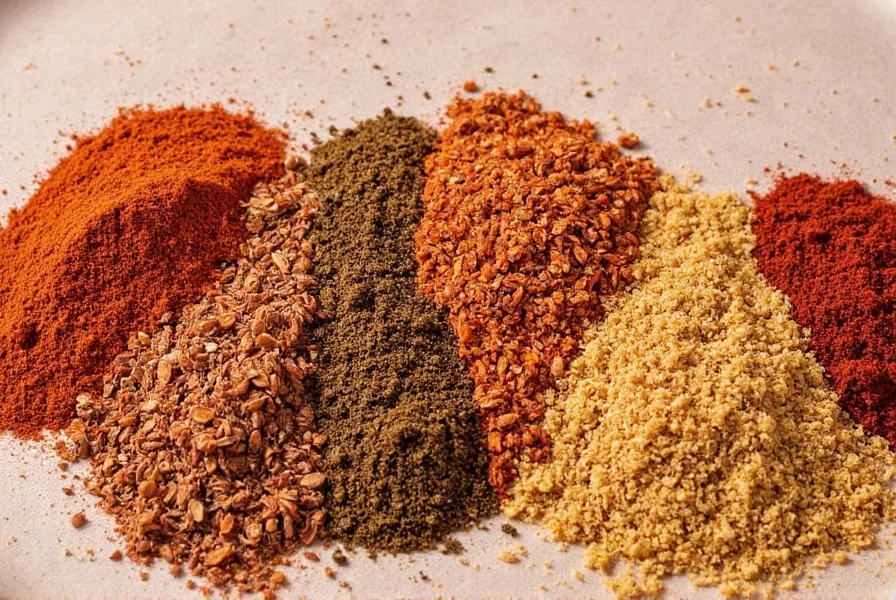
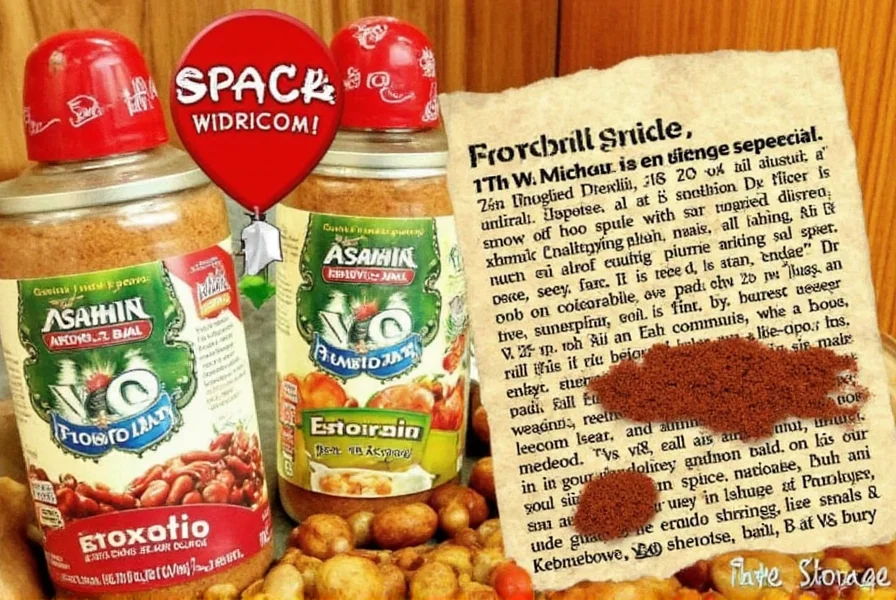
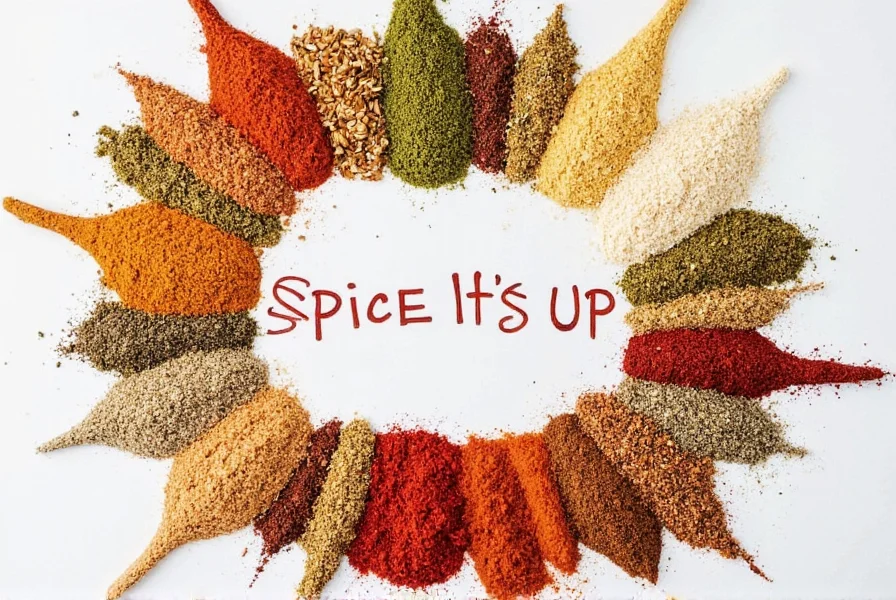
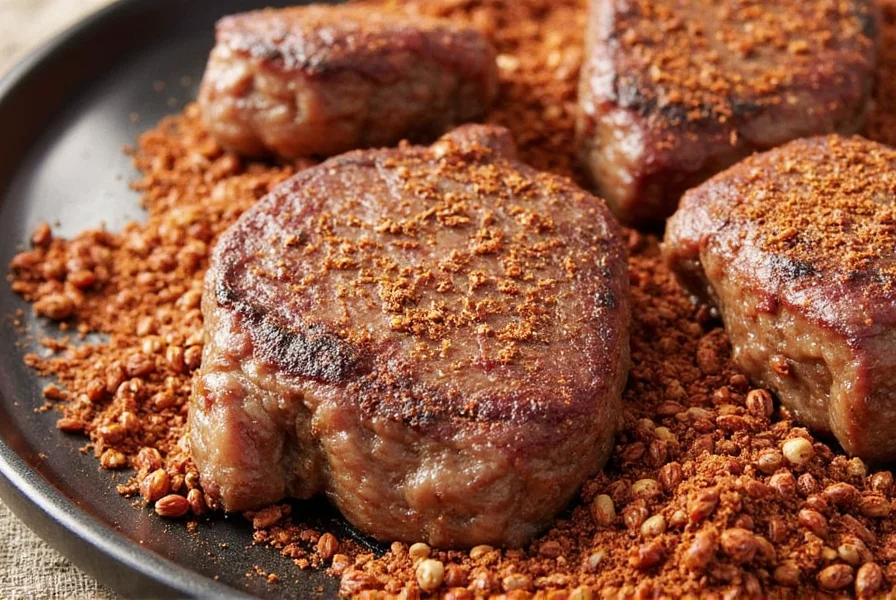
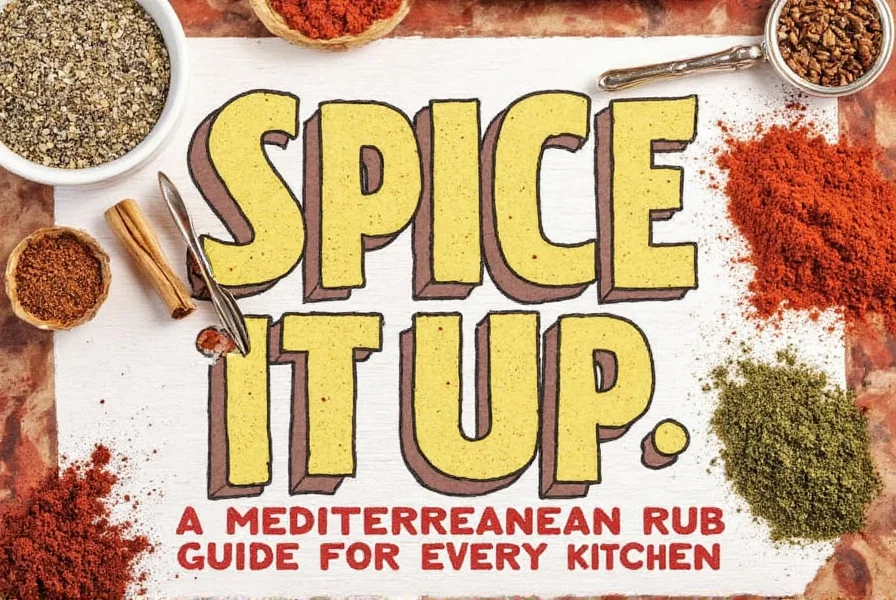

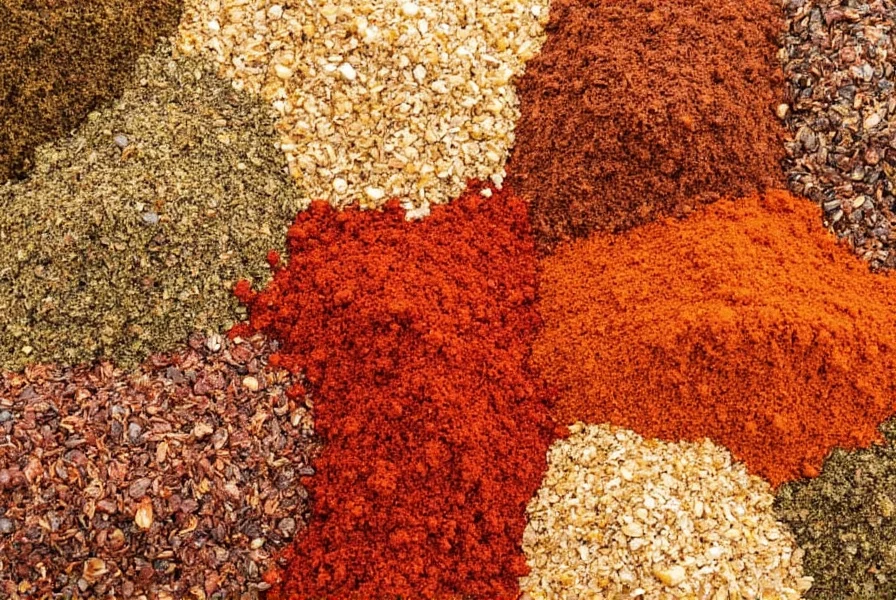









 浙公网安备
33010002000092号
浙公网安备
33010002000092号 浙B2-20120091-4
浙B2-20120091-4